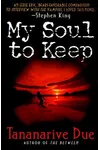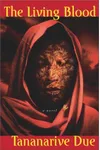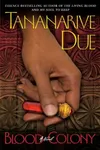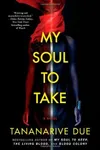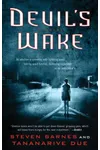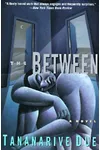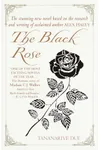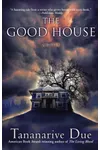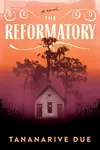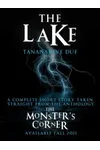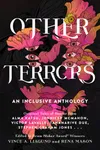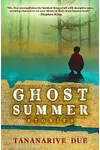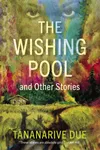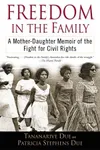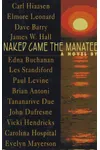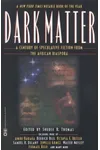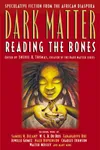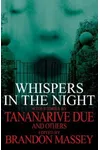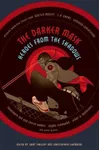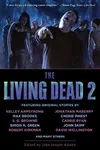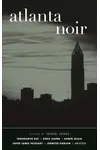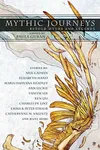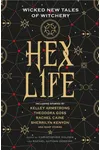Picture an American storyteller who weaves chilling tales of horror and Afrofuturism, pulling you into worlds where identity and survival collide—meet Tananarive Due! Born in 1966, this award-winning author, UCLA educator, and media producer has spent over two decades redefining Black speculative fiction. Her novels, like My Soul to Keep and The Reformatory, blend supernatural thrills with deep cultural resonance, making her a luminary in contemporary literature.
The Making of Tananarive Due
Tananarive Due was born in Tallahassee, Florida, to civil rights activists Patricia Stephens Due and John D. Due Jr. Named after Antananarivo, Madagascar’s capital, she grew up steeped in activism and storytelling. Her childhood in predominantly white neighborhoods, where she faced racism, shaped her perspective. By age four, she was crafting picture books, and by high school, she interned at the Miami Herald. Due earned a B.S. in journalism from Northwestern University and an M.A. in English from the University of Leeds, focusing on Nigerian literature. Her pivot to fiction came after interviewing Anne Rice in 1992, igniting her passion for horror.
Tananarive Due’s Unforgettable Stories
Due’s bibliography is a treasure trove of Black speculative fiction. Her African Immortals series, starting with My Soul to Keep (1997), follows Ethiopian immortals grappling with eternal life and human ties, blending horror with Afrofuturist themes. The Good House (2003) is a haunting tale of supernatural forces and family legacy, showcasing her knack for emotional depth. The Reformatory (2023), a historical horror novel set in Jim Crow-era Florida, earned the Bram Stoker and Shirley Jackson Awards for its gripping narrative of a Black boy’s survival in a brutal reform school. Due’s style merges visceral scares with explorations of race, trauma, and resilience, making her stories both thrilling and thought-provoking.
Her short story collections, like Ghost Summer: Stories (2015), offer bite-sized horrors, while her graphic novel The Keeper (2022), co-written with husband Steven Barnes, delves into ancestral spirits. Due’s versatility extends to screenwriting, with credits like The Twilight Zone’s “A Small Town” episode and Shudder’s Horror Noire anthology. Her work consistently challenges genre norms, centering Black voices in spaces where they’ve been historically sidelined.
Why Tananarive Due Matters
Tananarive Due’s impact on Black speculative fiction is profound. As a pioneer, she’s paved the way for authors like N.K. Jemisin and Jordan Peele, amplifying Afrofuturism and Black horror in mainstream culture. Her UCLA course, “The Sunken Place: Racism, Survival, and the Black Horror Aesthetic,” inspired by Peele’s Get Out, has gone viral, educating students on race through genre lenses. Due’s ability to weave historical and cultural truths into speculative narratives offers readers a cathartic way to process trauma while celebrating Black resilience. Her awards—American Book Award, NAACP Image Award, and more—underscore her literary dominance.
About Tananarive Due
- Born: January 5, 1966, Tallahassee, Florida
- Key Works: My Soul to Keep, The Good House, The Reformatory, Ghost Summer: Stories
- Awards: American Book Award, Bram Stoker Award, Shirley Jackson Award, British Fantasy Award
- Fun Fact: She co-hosts the “Lifewriting: Write for Your Life!” podcast with Steven Barnes.
Snag The Reformatory or My Soul to Keep and dive into Tananarive Due’s spellbinding blend of horror and Afrofuturism—you won’t look at speculative fiction the same way again!
